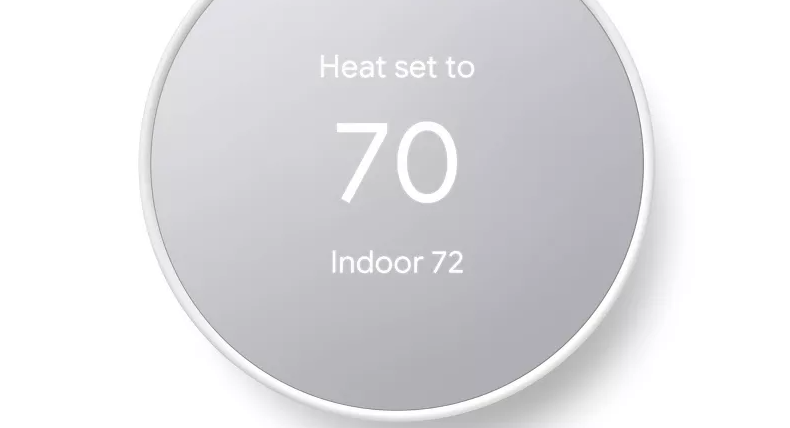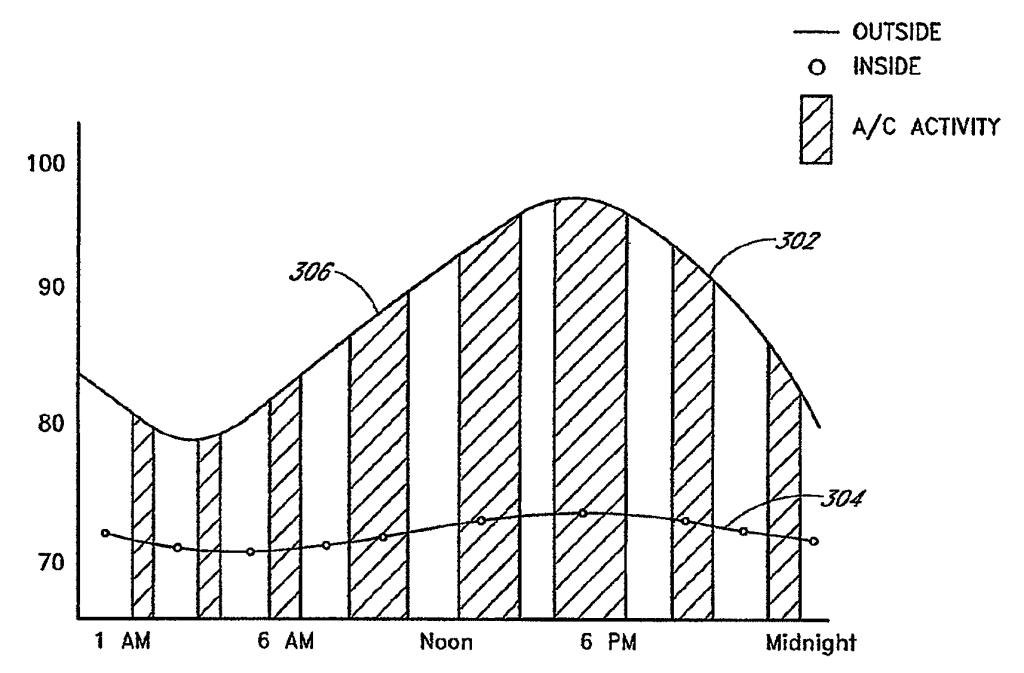by Dennis Crouch
In patent litigation, we continue to see enhanced focus on qualifying (i.e., disqualifying) expert witnesses. Skilled expert testimony can be so convincing for a jury while also laying the foundation to win on appeal. And, expert testimony is a legal necessity in most patent cases both for damages calculations (damages expert) as well as for validity and infringement (technical expert). Having your expert knocked-out just before or in the midst of trial is a nightmare situation.
In its 2022 Kyocera decision, the Federal Circuit explained that a technical expert must - at minimum - be a person of skill in the art to which the invention pertains. Someone who purports to be an expert but lacks that 'ordinary' knowledge will be disqualified under patent law's Daubert nuance. In patent law, PHOSITA's knowledge is temporally tied to the patent application filing date (or invention date pre-AIA). What we're typically looking for is the level of skill at the time that the application was filed (or perhaps when issued / amended).
This temporal frame is the focus of the Federal Circuit's recent decision in Osseo Imaging v. Planmeca, where the court was asked to disqualify the patentee's expert witness because he was not skilled in the art back when the invention was made -- rather, became skilled almost a decade later.
The case has some parallels to EcoFactor v. Google, that is currently pending before the Federal Circuit on an en banc petition regarding admissibility of damages expert testimony.
Defense Side Amici Support for Tighter Reins on Damages Expert Testimony
To continue reading, become a Patently-O member. Already a member? Simply log in to access the full post.

